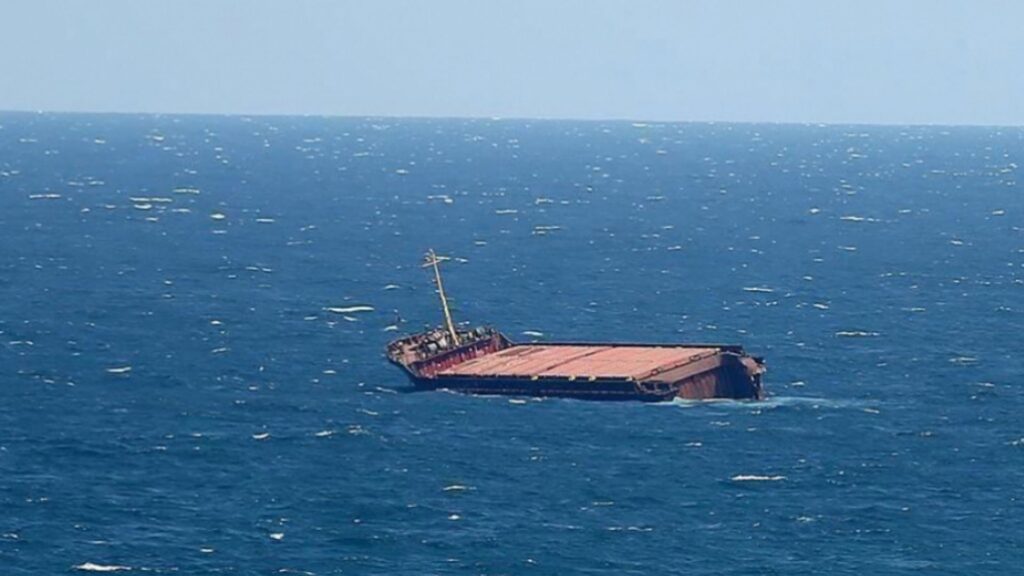Gabes is a city located in the South-East of Tunisia on the Mediterranean coast. What makes this Tunisian city special? Gabes has the only coastal oasis in the Mediterranean and therefore has “an exceptional value, even universal” according to UNESCO.
Gabes: a “sacrificed” city?
In 1971, the installation of the GCT (Groupe Chimique Tunisien) took place with, at the beginning, the approval of the Gabesian population who believed in an economic dynamic. Different units were then created, such as the phosphoric unit in 1971 and the ammonia unit in 1983. In 2000, a gas industry was installed where about 6000 tons of “ammonium nitrate” gas are permanently stored next to the ammonia tank.
These industries, designed with technologies dating back to the 50’s and all installed in an area of 4km, represent, without any doubt, a real danger.
Strong contribution to the Tunisian economic growth? Yes, but at what cost?
Tunisia was previously a leader in the production of Phosphates, being ranked 5th in the world for Phosphate production which would contribute to 4% of the country’s GDP.
However, the health crisis and social movements in the region have directly caused a drop in phosphate production, leading Tunisia further into economic regression.
These social movements may seem unjustifiable to some. However, for the people of Gabes, their mobilization is seen as a necessity.
Indeed, these factories deteriorate in a direct way the life of the inhabitants.
- Maritime pollution: the sea of Gabes which was formerly considered as a real nursery thanks to the existence of about 320 varieties of fish, is today found with only about twenty varieties of fish, and that, because of the factories which discharge about 100 000 tons of heavy metals (of which 50 000 tons of Uranium) in the sea without treatment.
- Air pollution: the consequences of the nonchalance of these industries are not only limited to maritime pollution, but also to an unbelievable pollution of the air. Indeed, the new norms imposed by the WHO do not seem to be respected with the permanent evaporation of extremely toxic gases such as HF (Fluorine), NOX (NO2 or NO3), SO2 or Ammonia: NH3 and Sulfur Dioxide.
- Seriously ill inhabitants. Is it purely a “strong coincidence”? The Gabesians suffer enormously from respiratory pathologies: a large part of the population suffers from asthma from a young age and from lung cancer.
- Latest news in the city of Gabes: A ship carrying 750 tons of diesel oil heading to the island of Malta from the port of Damietta in Egypt, had asked the Tunisian authorities to enter Tunisian territorial waters to cope with bad weather conditions. However, this ship was unable to reach its final destination and was shipwrecked on 16 April 2022 in the Gulf of Gabes.
3) Ecological Awareness: Tunisians united for a better future
Following the revolution, the people of Gabes had made a categorical choice: the production of phosphates in such poor conditions could not continue. As early as January 17, 2014, namely 3 days after the flight of the former dictator Ben Ali, citizens mobilized and blocked the industrial zone.
Since then, many blockades of the region and demonstrations take place. We find in particular the movement “Stop Pollution” which militates in a permanent way for this cause, whether on a national or international scale (for example, its participation in the last COP 26 which recently took place in Glasgow).
4) A point of no return? Absolutely not!
Regarding the ship XELO which has just sunk in the Gulf of Gabes, the national authorities are trying to limit the repercussions of this disaster that affects the entire Mediterranean by taking decisions such as: the installation of barriers to limit the leakage of hydrocarbons and the intervention of divers to examine the extent of the leakage in order to pump out the infiltrated hydrocarbons afterwards.
The diving operation began this Sunday, April 17, with an initial team of divers who were later joined by an additional team.
تونس برجالها و نساها :
These teams were able to rally the boat to extractors that will remove the fuel in its tanks.
An investigation has also just been opened to find out the real causes of the sinking of the tanker XELO.
It may well be an accident that will further raise ecological awareness and alert public opinion and international environmental organizations to the disturbing situation in Gabes.
What about the daily life of the citizens of Gabes with regard to the constant pollution of factories?
Even if a code of environmental law does not exist in Tunisia, several laws relating to environmental protection are present in Tunisian legislation. There is, for example, a principle related to this environmental law: the principle of “Polluter Pays” which consists in the assumption of responsibility of those responsible for polluting activities of the costs generated by pollution.
What if we started by applying our laws as a beginning? This would undoubtedly limit the damage.
More radical solutions have been proposed and can guarantee a promising future for this exceptional city in the south-east of Tunisia in the long term: the relocation of factories. Indeed, the solution that consists in dismantling the units and create another industrial zone with recent technologies allowing to respect the international standards, could well be possible in a region of the west of Gabes.
Some Tunisian cities like the city of Gabes are often victims of great injustice. Nevertheless, this injustice must not persist in any case.
“El Tounsi Lel Tounsi Rahma”, isn’t it?
Young Tunisians, Activists, Politicians, let us demonstrate for a general awareness that would guarantee a better future for our Tunisia. Let’s be the change we really want to see.














